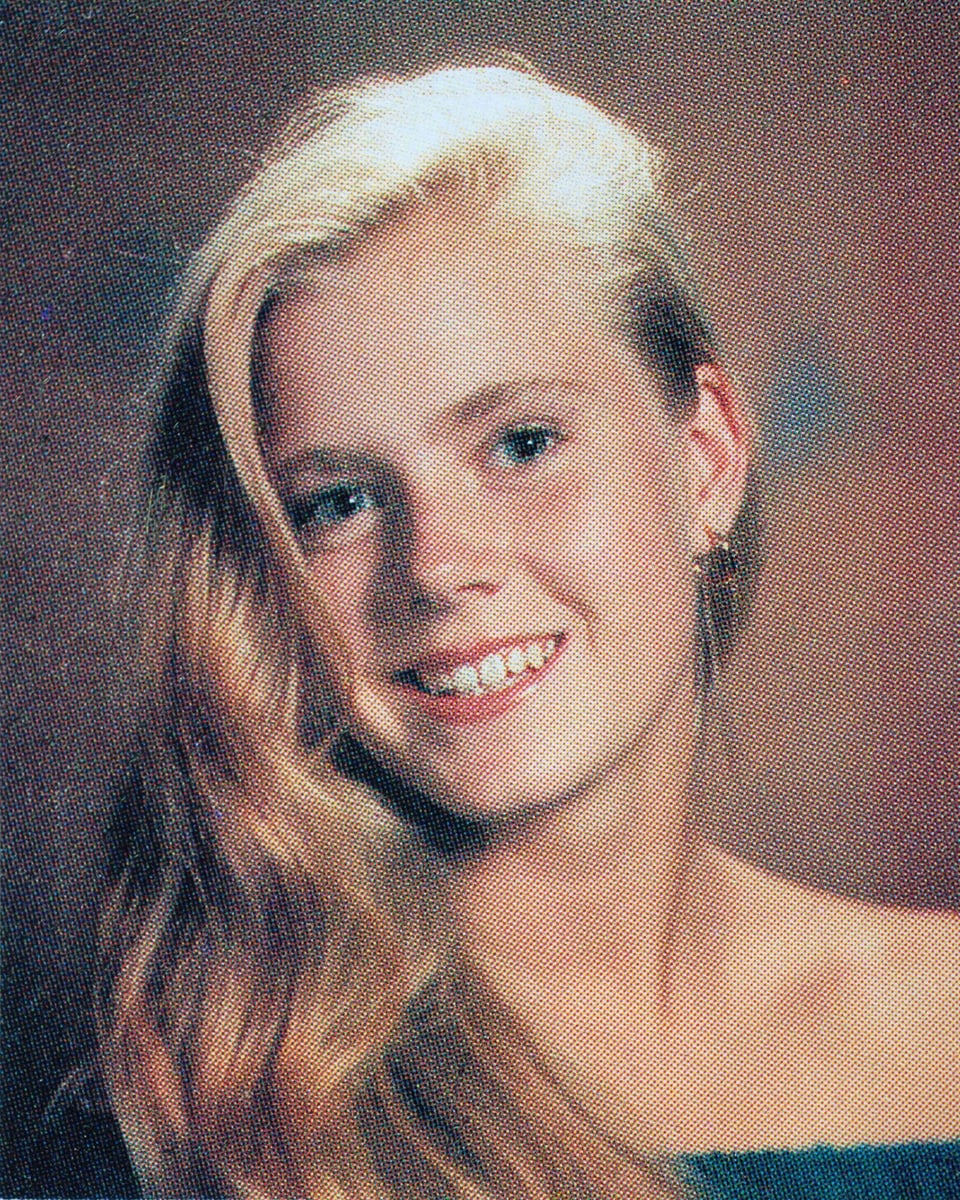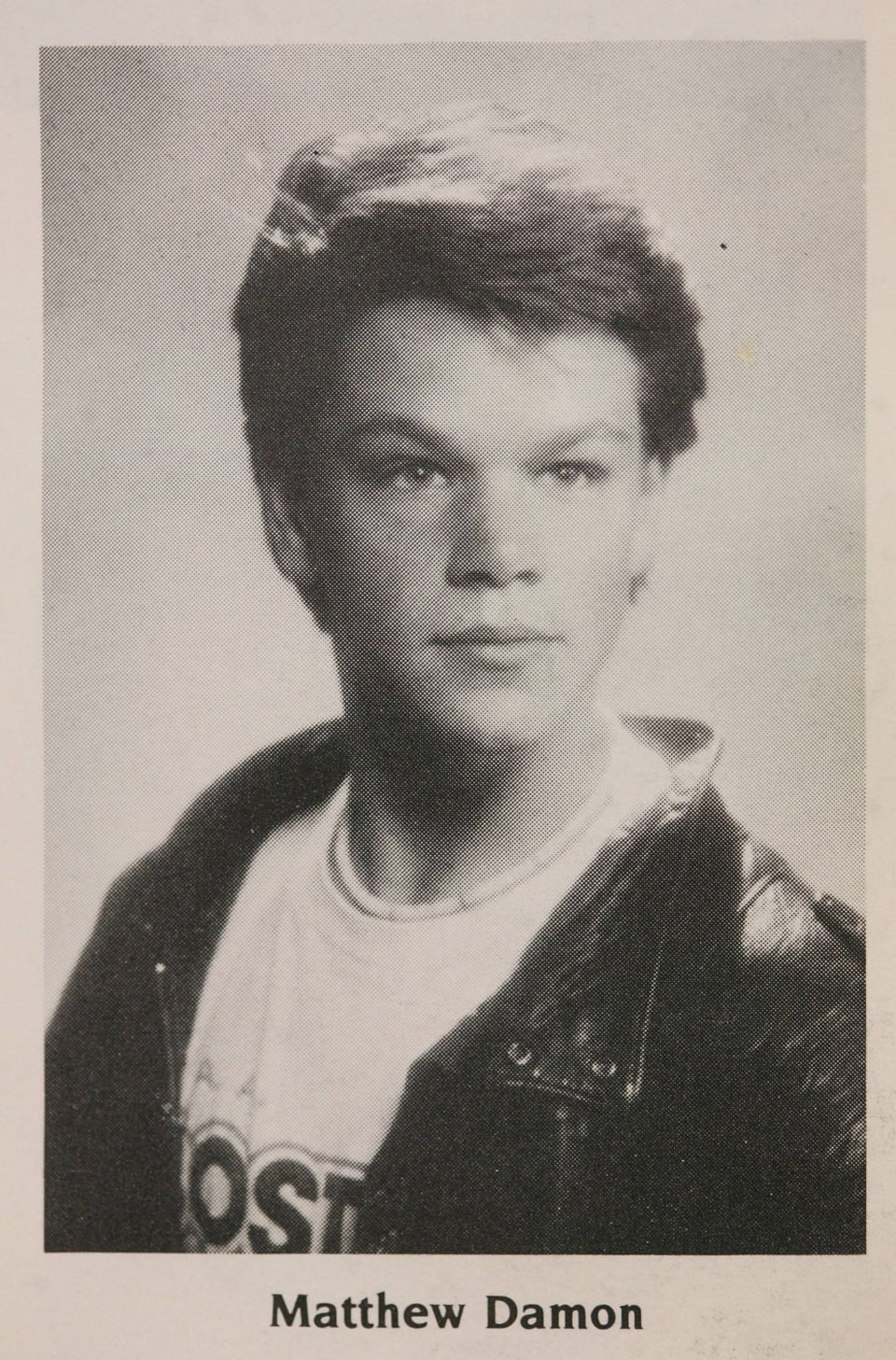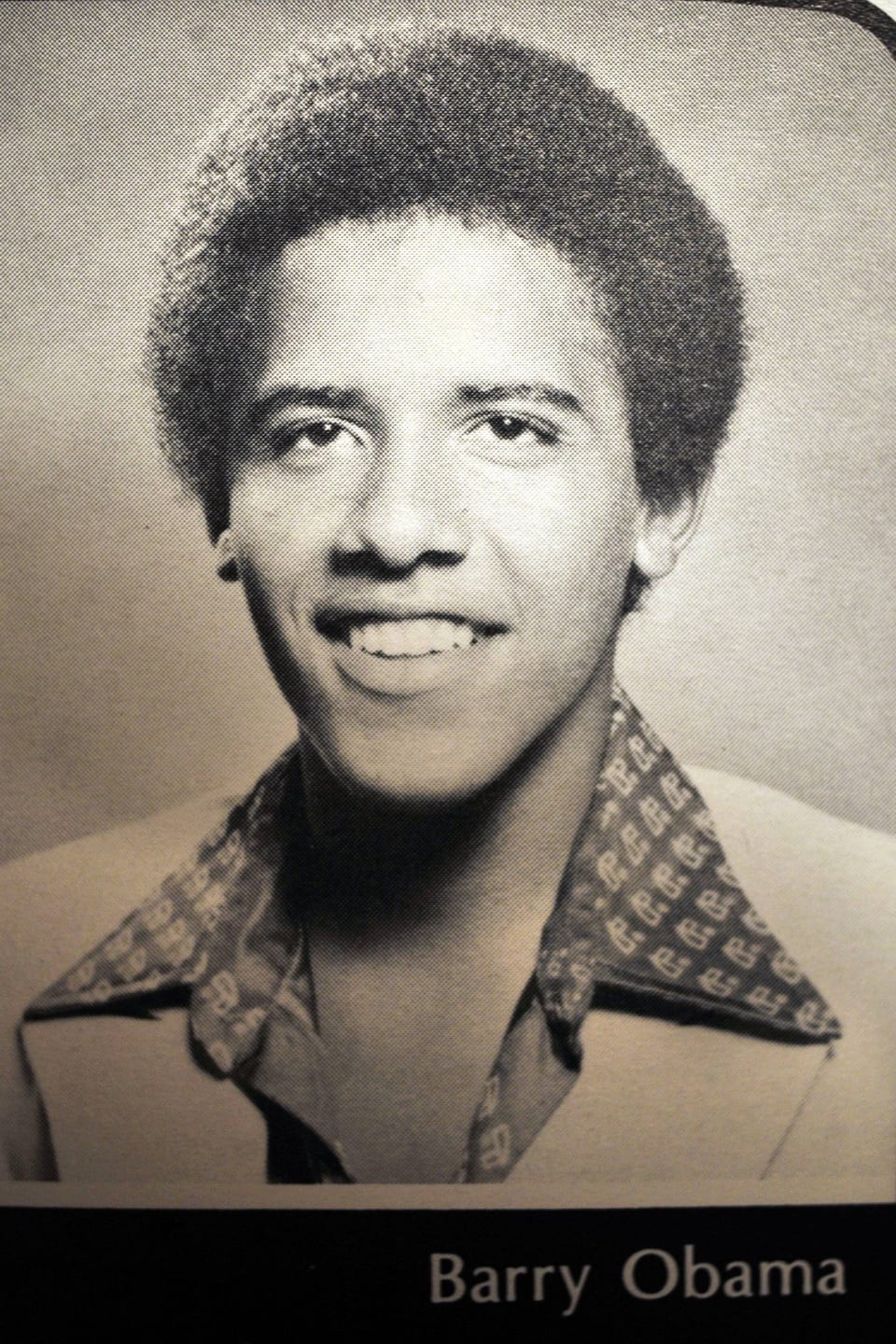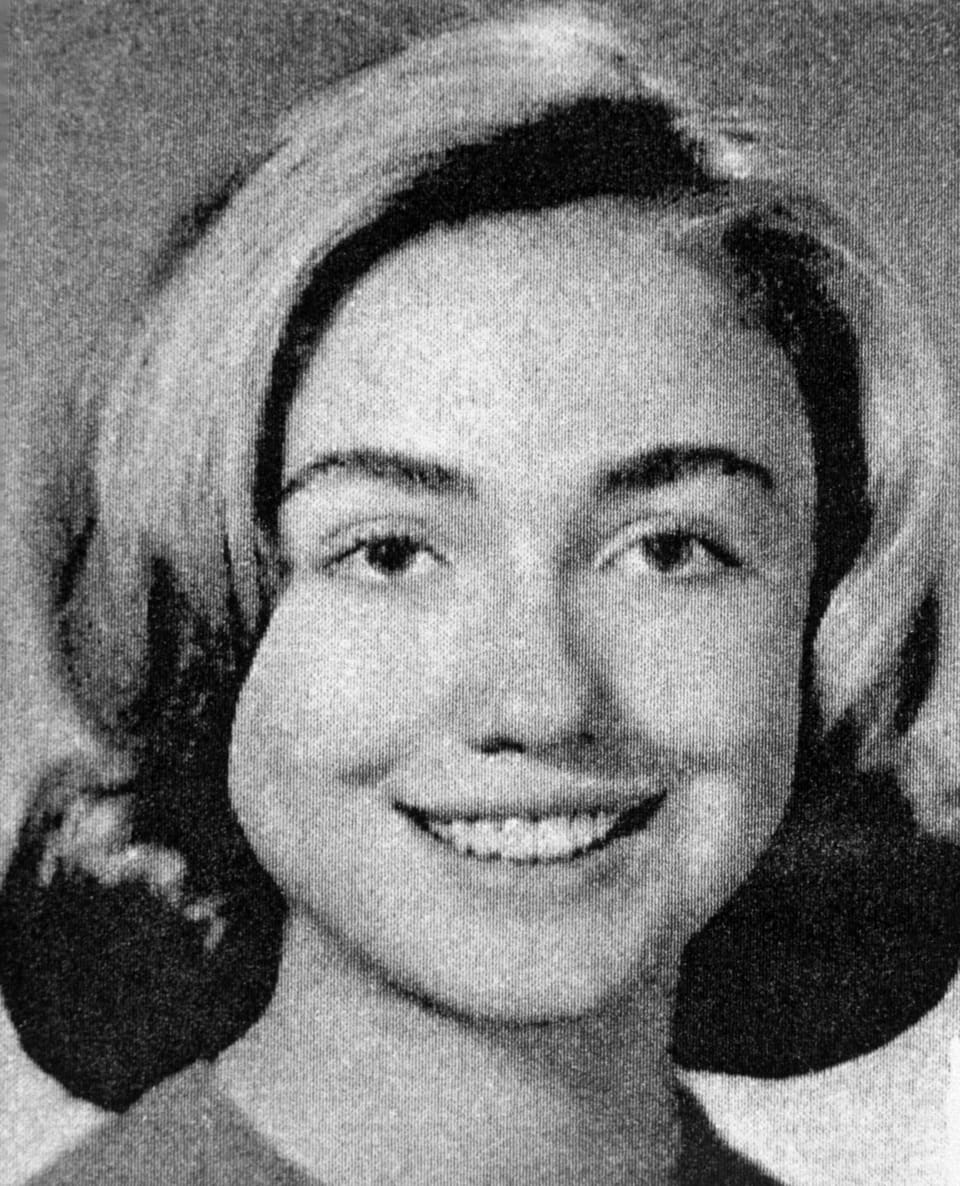Epik creates photos that look like portraits from 1990s American high school yearbooks. Why are these images so successful?
To have something Arnold Schwarzenegger, Daniela Katzenberger And DJ Antoine together? They appear to have attended the same American high school in the 1990s. At least that’s what the photos that recently appeared on the Instagram accounts of the aforementioned people suggest.
Of course the photos are fake, digitally created. “AI Yearbook,” an AI-powered function in photo editing app Epik, is responsible.
Visit a digital cartoonist
If you want to see yourself as a 90s teenager at the end of high school, download Epik, upload eight to twelve selfies, select your gender, pay a fee and end up with 60 different versions of yourself.
They are sorted into categories such as “best dressed,” “most intellectual,” or “most athletic.” This is how you see yourself as a fan, geek or sports fanatic, beautifully in the 90s American guise.
From a user’s perspective, Epik is the digital version of a cartoonist: you provide your face as working material. You wait while invisible magic happens. Finally, marvel at the result: a fictionalized version of yourself—alienated, but still yourself. Both Epik and the cartoonist get paid for their services.
legend:
Analog filter: What cartoonists do at Place du Tertre in Paris is done by artificial intelligence in apps like “Epik”.
imago/bond5 images
Ideal versions of the self
The world of images that we produce ourselves is increasingly blending with the real world.
The images created by Epik showed users “permanently idealized versions of themselves following the image algorithm,” Blaschke says. Other reasons for the images’ success cite the pre-digital aesthetics of the 1990s, which can easily be transformed into nostalgic terms.
On the other hand, the end of high school represents the “moment of initiation.” So, there is a point in time where everything still seems possible, where life can develop in all possible directions.
Nothing Artificial Intelligence: A selection of real yearbook photos from the USA.
Indulge in fantasy
Epik creates visual daydreams and allows users to longingly recall an imaginary past. This never existed, but can be easily imagined thanks to socialization through American films and series.
The fact that most yearbook photos are quickly identified as AI creations does not diminish their success. “With current photo technologies, we are not looking for authenticity in the sense of honesty or reality,” says Estelle Blaschke.
Be careful
However, apps like Epik also blur the differences between physical reality and virtual reality. Blaschke: “The world of images that we produce ourselves and that we constantly encounter is increasingly blending with the real world.”
Looking in the real mirror can lead to real dissatisfaction. Because what the mirror shows does not match the image that photo editing applications give us. This dissatisfaction also explains the increase in plastic surgery. The risk doesn’t seem so great in the case of yearbook photos.

“Professional music expert. Creator. Student. Twitter aficionado. Unapologetic coffee trailblazer.”











More Stories
Beatrice Egli's pants exploded – and then the next collapse happened
Your Chinese horoscope has come true – change awaits these zodiac signs
Now Mike Tindall is talking about it